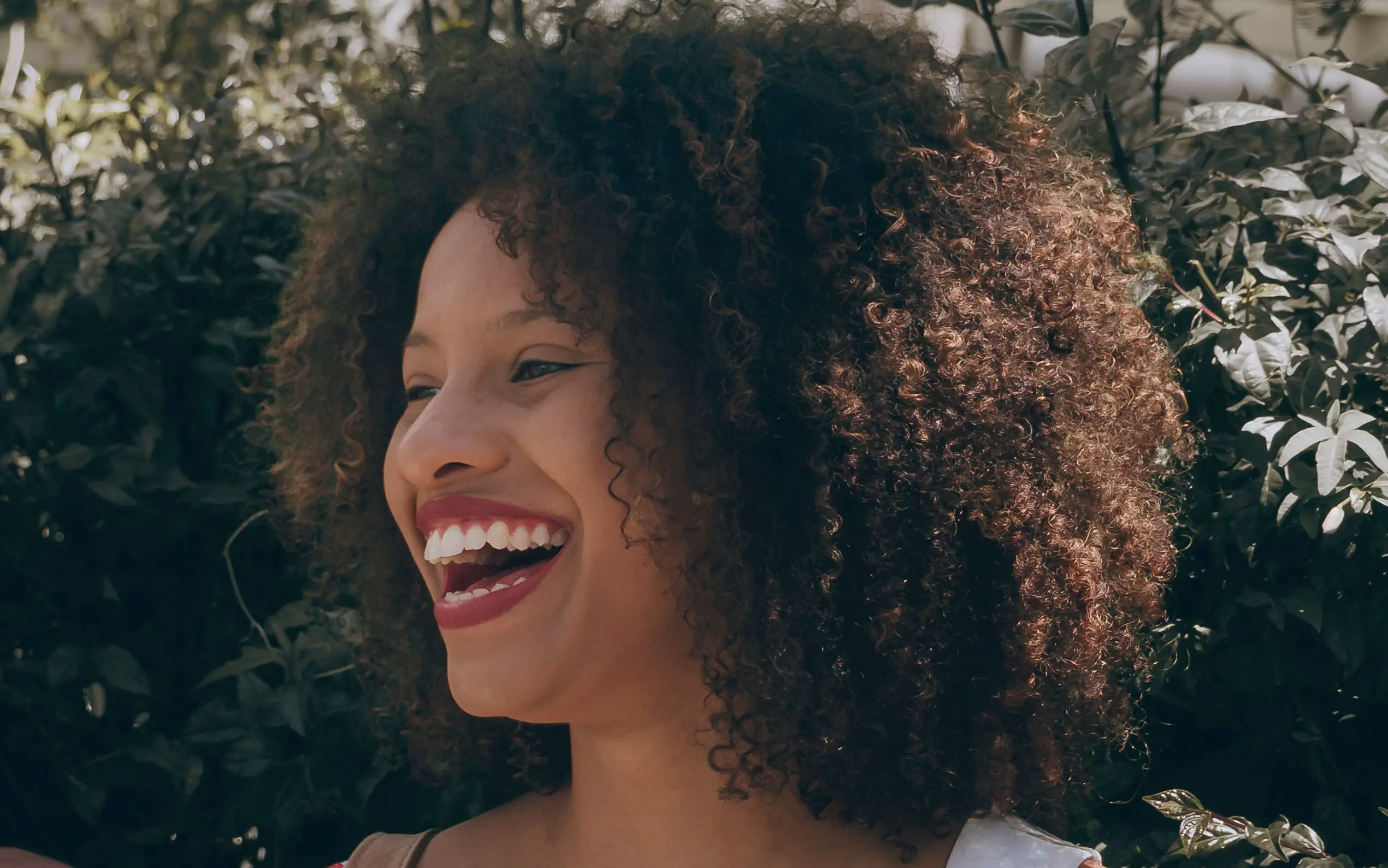It is not true that all Africans have curly hair. Hair texture is determined by a combination of genetic and environmental factors, and can vary widely within and between different populations. However, it is true that many Africans have curly or kinky hair, which is often associated with specific physical and cultural traits.

The texture of African hair is influenced by a number of genetic and environmental factors. One important factor is the shape of the hair follicle, which is determined by a gene called trichohyalin. In people with straight hair, the follicle is round or oval in shape, while in people with curly hair, the follicle is more elliptical. This affects the way that the hair grows and lies on the scalp, resulting in different textures and patterns.
Another factor that affects hair texture is the distribution of keratin proteins, which give hair its strength and flexibility. People of African descent tend to have higher levels of cysteine, an amino acid that is a key component of keratin, than people of other ethnicities. This can make their hair stronger and more resistant to damage, but can also make it more prone to dryness and breakage.
Finally, environmental factors such as humidity, temperature, and exposure to chemicals can also affect hair texture. For example, hot and humid climates can cause curly hair to frizz, while exposure to harsh chemicals such as relaxers and dyes can damage the hair and alter its texture.
In addition to its genetic and environmental influences, the texture of African hair has cultural and social significance. In many African societies, hair is seen as a symbol of identity, beauty, and pride, and is often styled and decorated in elaborate and creative ways. For example, traditional African hairstyles such as braids, twists, and cornrows are not only functional and practical, but also carry deep cultural and symbolic meanings.
Unfortunately, due to the historical legacy of racism and colonialism, many people of African descent have experienced discrimination and marginalization based on their hair texture. In some societies, curly or kinky hair has been viewed as unprofessional, unattractive, or uncivilized, leading many people to straighten or alter their hair in order to conform to Eurocentric beauty standards.
In recent years, however, there has been a growing movement to embrace and celebrate natural African hair textures and styles, and to challenge the stereotypes and biases that have long surrounded them. Many people of African descent are choosing to wear their hair in its natural state, and to reject the notion that curly or kinky hair is less beautiful or less professional than straight hair.
In conclusion, while it is not true that all Africans have curly hair, it is true that many Africans and people of African descent do have curly or kinky hair. This is influenced by a complex combination of genetic and environmental factors, and carries important cultural and social significance. Despite the challenges and biases that have long been associated with African hair, there is a growing movement to celebrate and embrace its natural beauty and diversity.